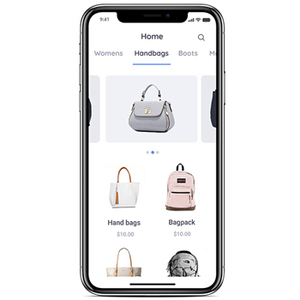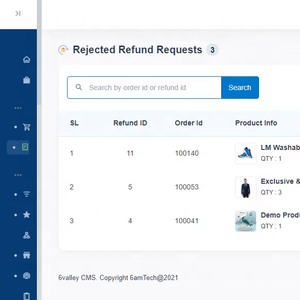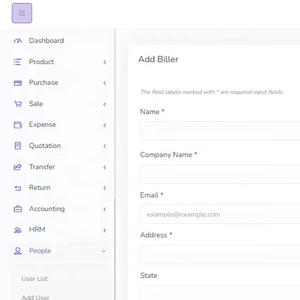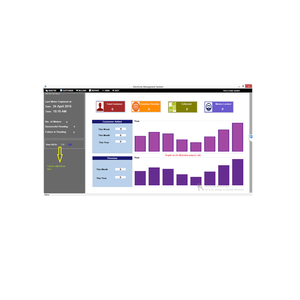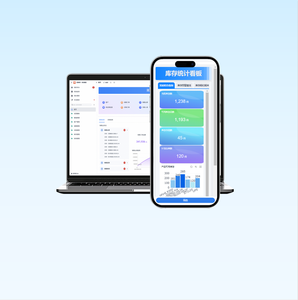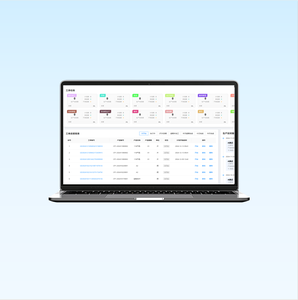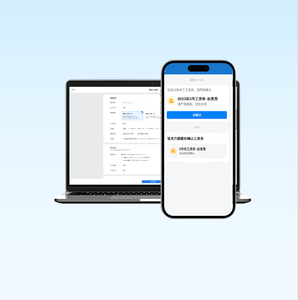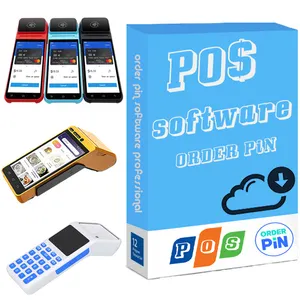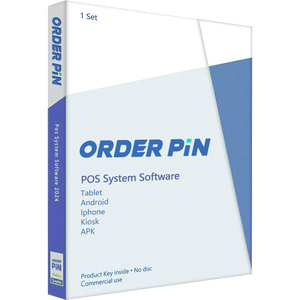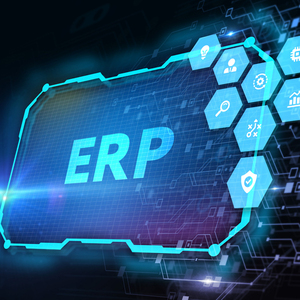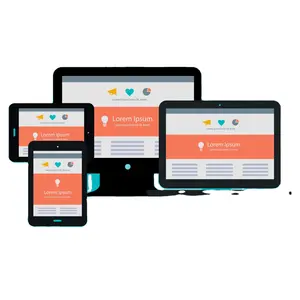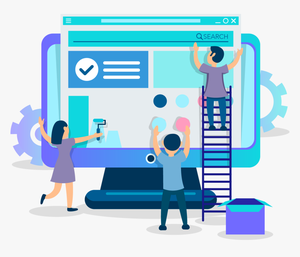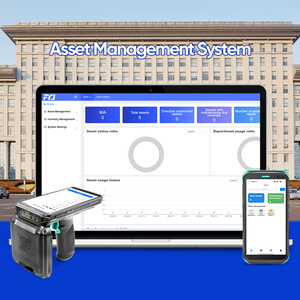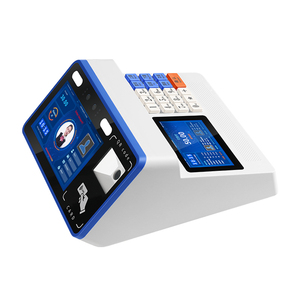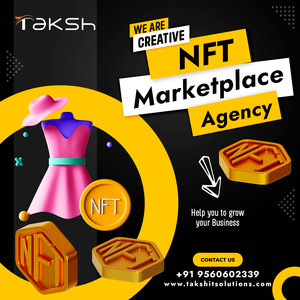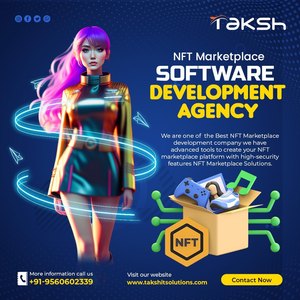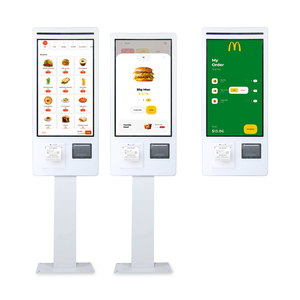Api To Update Supplier Payment Method In Oracle Apps
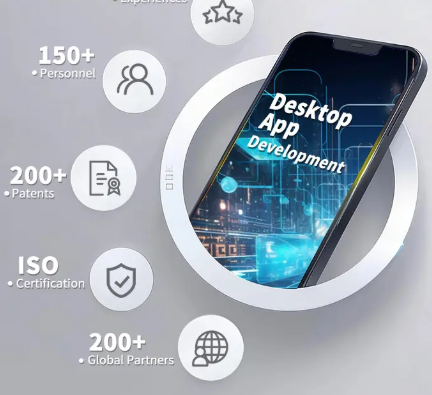

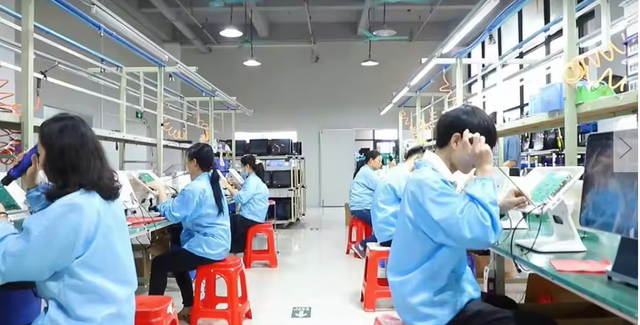

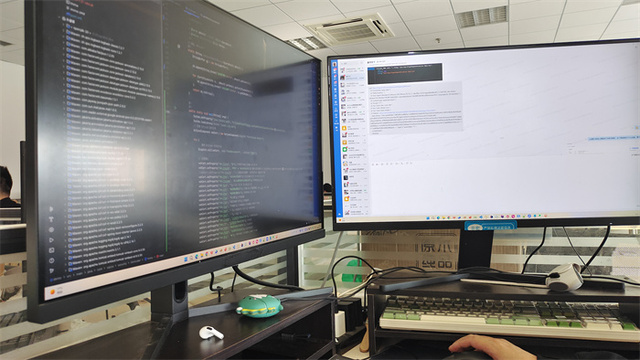
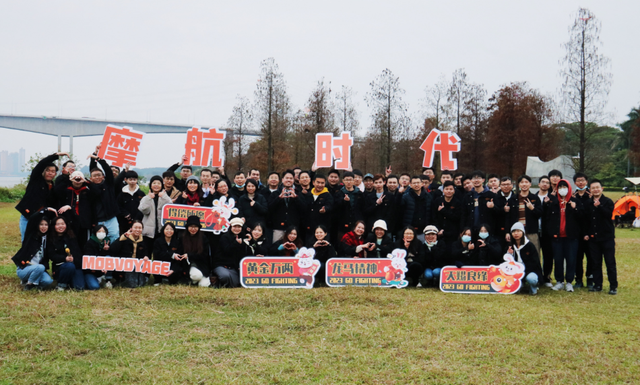
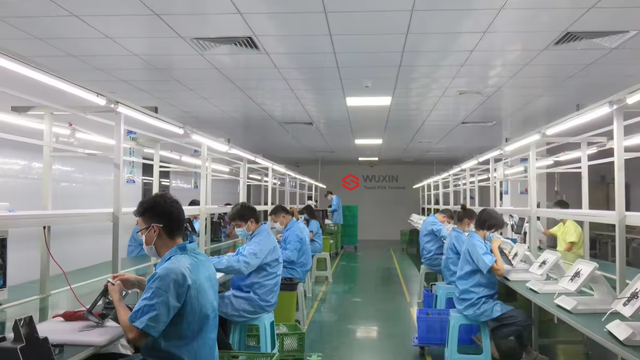





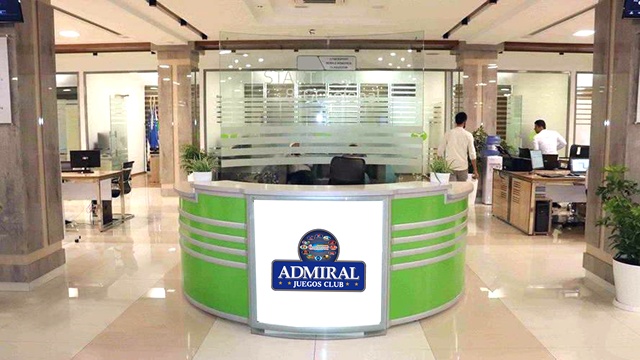














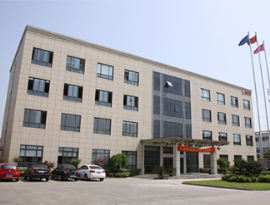
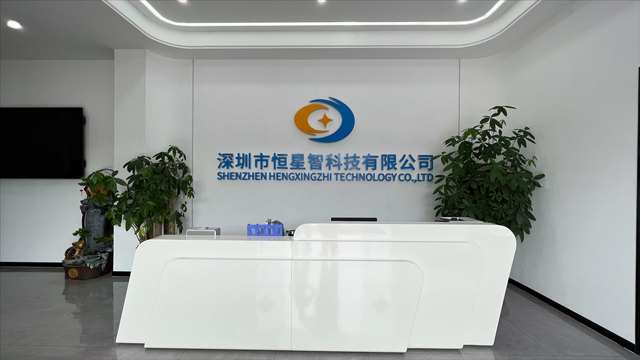
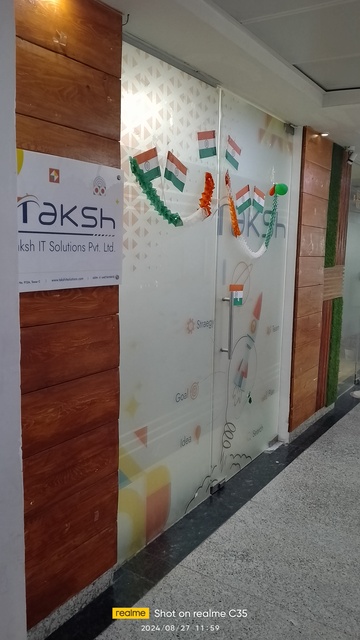




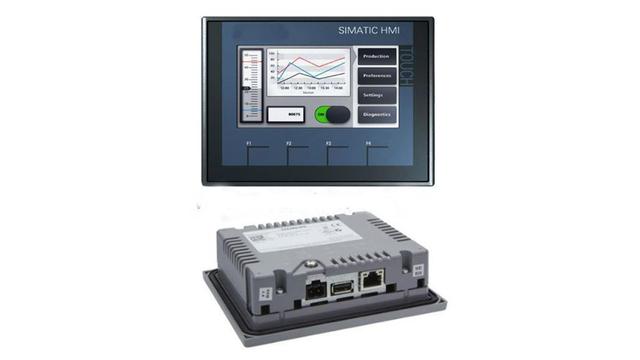




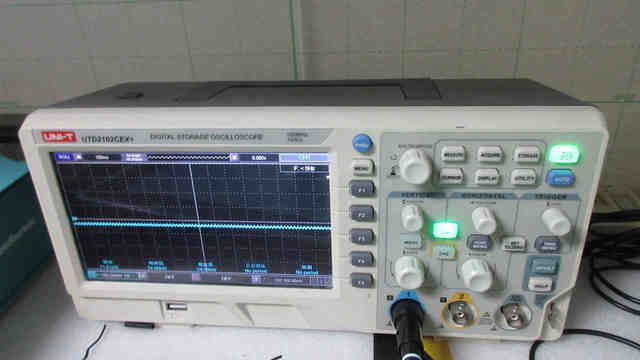
About api to update supplier payment method in oracle apps
Where to Source API Solutions for Updating Supplier Payment Methods in Oracle Apps?
The global market for enterprise integration solutions, including APIs to update supplier payment methods in Oracle Applications, is primarily driven by specialized software development firms concentrated in technology hubs across India and China. These regions host a high density of IT service providers with expertise in ERP customization, cloud-based financial systems, and secure payment processing integrations. Indian suppliers, particularly from Karnataka and Telangana, dominate the custom enterprise software segment due to deep talent pools in Oracle technologies and strong English-language communication capabilities.
Chinese developers, especially in Guangdong and Zhejiang provinces, offer competitive pricing models supported by scalable digital infrastructure and vertically integrated tech ecosystems. Suppliers here often combine hardware-software bundling (e.g., POS systems with backend APIs) to deliver end-to-end transaction management platforms. This industrial clustering enables rapid deployment cycles, access to pre-vetted component libraries, and agile development frameworks—critical for integrating dynamic payment updates into legacy Oracle E-Business Suite environments.
How to Evaluate Suppliers for Oracle Apps Payment Method API Integration?
Selecting qualified partners requires rigorous assessment across technical, operational, and transactional dimensions:
Technical Expertise Validation
Confirm demonstrated experience with Oracle Applications (R12 or Cloud), specifically in AP module customization and REST/SOAP API development. Review code samples or sandbox demonstrations showing successful PATCH/PUT operations on supplier bank account records via secured endpoints. Prioritize vendors providing documentation on OAuth 2.0 implementation, data encryption standards (TLS 1.3+), and compliance with PCI DSS if handling cardholder information.
Development & Deployment Capabilities
Assess core competencies through objective indicators:
- Minimum of 50+ published software listings indicating sustained development output
- Proven track record in financial system integrations (POS, billing, e-commerce gateways)
- Support for multi-platform delivery (web, mobile, desktop) with version control protocols
Cross-reference project portfolios with response time metrics (target ≤2 hours) and online revenue volume as proxies for team size and client engagement capacity.
Risk Mitigation and Transaction Security
Insist on milestone-based payment structures protected by escrow mechanisms until UAT sign-off. Demand testable API specifications (OpenAPI/Swagger) prior to contract execution. Conduct functional validation using non-production Oracle instances to verify field-level accuracy in supplier profile updates, error logging, and rollback procedures under failed transaction scenarios.
What Are the Leading Suppliers for Oracle Apps Payment Method API Development?
| Company Name | Location | Main Products (Listings) | Software Expertise | On-Time Delivery | Avg. Response | Online Revenue | Reorder Rate |
|---|---|---|---|---|---|---|---|
| Guangdong Yansheng Electronics Co., Ltd. | Guangdong, CN | Cash Register POS (256) | Integrated POS & Payment Systems | 100% | ≤1h | US $220,000+ | 19% |
| KAEM SOFTWARES PRIVATE LIMITED | Tamil Nadu, IN | Software (1265) | Billing, E-Commerce, Cloud POS | - | ≤2h | US $8,000+ | - |
| Guangzhou Mohang Times Info Tech Limited | Guangdong, CN | Mobile POS (50), Software (12) | POS Software, Payment Kiosks | 100% | ≤11h | US $10,000+ | 50% |
| AABAN SOLUTIONS PRIVATE LIMITED | Maharashtra, IN | Software (521) | App Development, Delivery Platforms | - | ≤1h | - | - |
| Taizhou Le Yi Software Co., Ltd. | Zhejiang, CN | Custom Software, AI MES | Desktop, Mobile, Facial Recognition | 100% | ≤10h | - | - |
Performance Analysis
Guangdong Yansheng Electronics demonstrates high responsiveness and proven delivery consistency (100% on-time), backed by substantial annual revenue—indicative of robust support infrastructure. KAEM SOFTWARES leads in product breadth with over 1,200 software listings, suggesting extensive development resources despite lower public reorder visibility. Guangzhou Mohang stands out with a 50% reorder rate, reflecting strong client retention likely tied to niche POS-software integration expertise. Indian firms like AABAN and KAEM emphasize scalable app-based architectures suitable for modular API deployment. Chinese suppliers show tighter response windows but variable transparency in performance history. For mission-critical Oracle integrations, prioritize vendors with documented API versioning, sandbox environments, and formal change control processes.
FAQs
How to verify API functionality before procurement?
Request access to a staging environment with mock Oracle interfaces. Validate that the API correctly modifies supplier payment attributes (bank code, account number, method type) without exposing sensitive data. Test idempotency, rate limiting, and error codes under network failure conditions.
What is the typical development timeline for a custom Oracle payment API?
Standard integration projects require 4–6 weeks, including discovery, coding, testing, and documentation. Simple read/write functions may deploy in 2 weeks; complex workflows involving approval chains or third-party gateway synchronization extend to 8–10 weeks.
Do suppliers support Oracle Cloud (Fusion) and on-premise (EBS) equally?
Most developers advertise compatibility, but verify environment-specific experience. On-premise deployments often require custom PL/SQL wrappers, while Fusion environments leverage native REST APIs—development approaches differ significantly.
Can these APIs be used to automate bulk supplier payment updates?
Yes, capable suppliers implement batch-processing endpoints with audit trails and rollback functionality. Ensure payload validation, concurrency controls, and job monitoring are included in scope to prevent data corruption during mass updates.
Are post-deployment maintenance and support included?
Service terms vary. Standard packages typically include 30 days of bug fixes. Long-term SLAs with uptime guarantees, patch updates, and technical support usually require separate annual contracts—negotiate these upfront based on system criticality.


